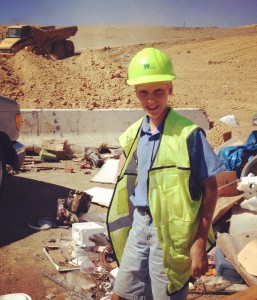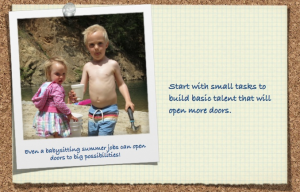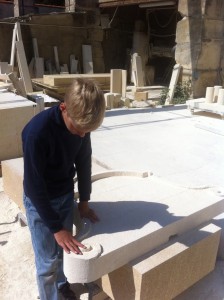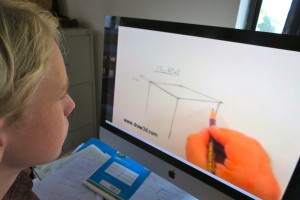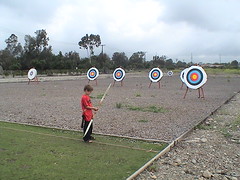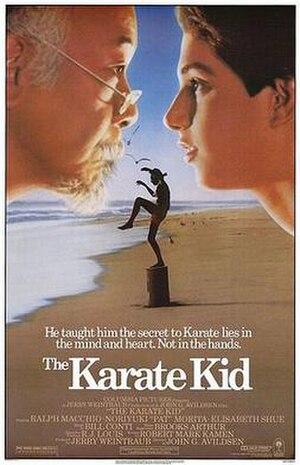
How can you encourage your daughter’s passion for dance using your homeschool history curriculum? Do this by having her consistently study each time period through the focal of dance. Changes in technology, philosophy, beliefs, and culture will be reflected in human activity and dance will be no exception. But by sticking with the single topic of dance, your daughter will not only establish deep pillars of understanding under her own developing talent, she will also be creating powerful mental pegs into each historical era. She will be able to narrate her way through history at a very deep level that is bound to astound.




